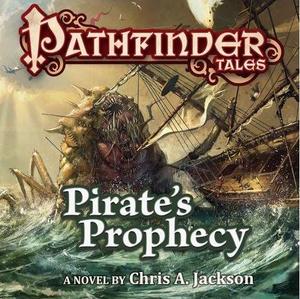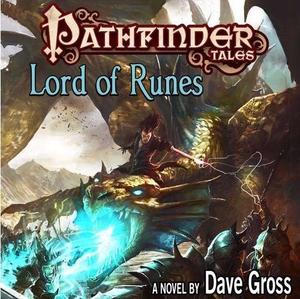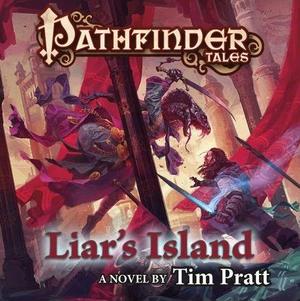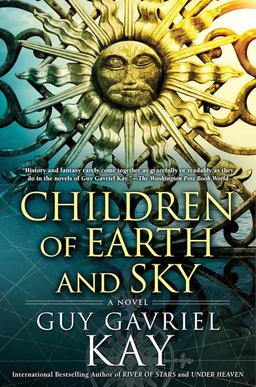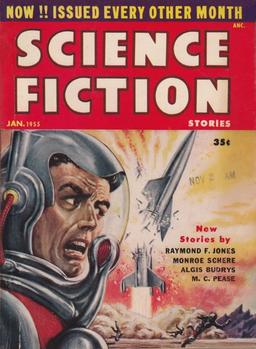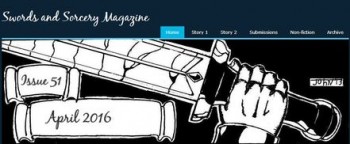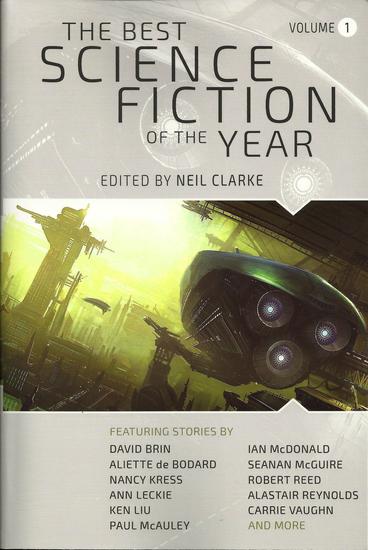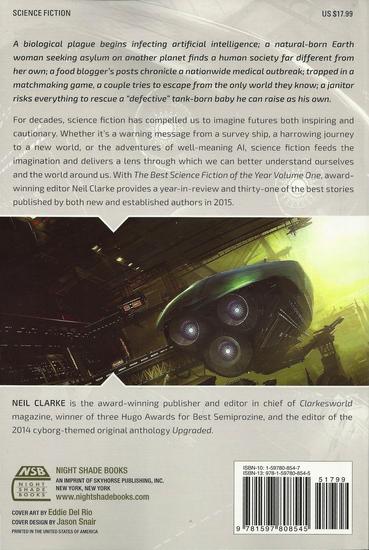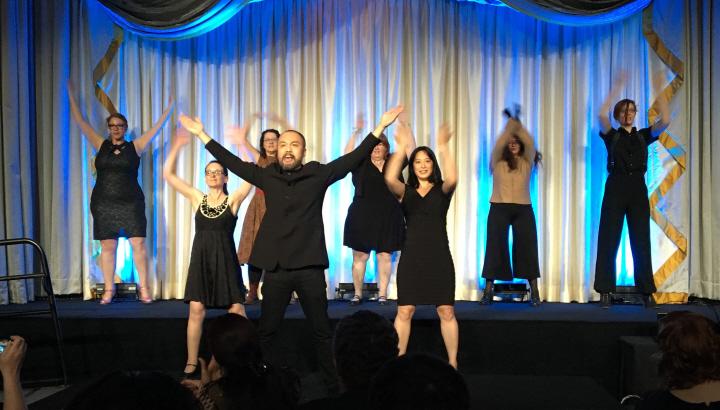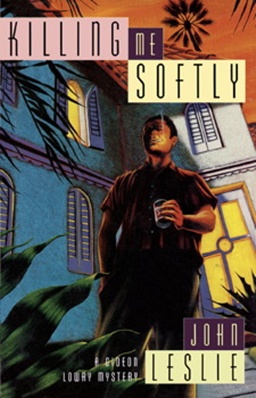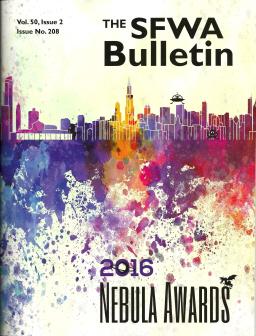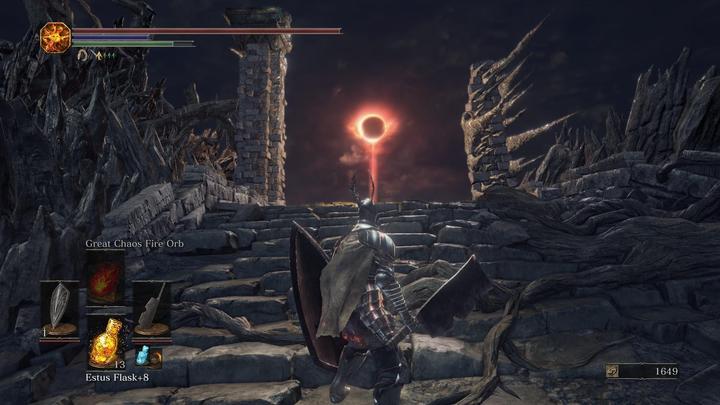Cast Your Spell on a Medieval Town in The Village Crone
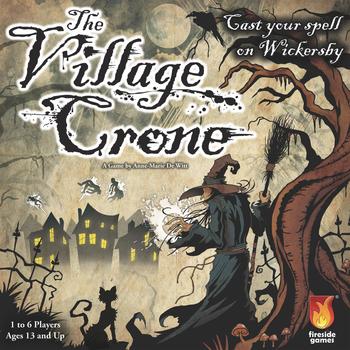 I’m something of a collector (this may not come as a surprise). I collect vintage paperbacks, pulps, science fiction digests, comics, and lots of other paper ephemera.
I’m something of a collector (this may not come as a surprise). I collect vintage paperbacks, pulps, science fiction digests, comics, and lots of other paper ephemera.
But chiefly what I collect is games. Goodness, I have a lot of games. I hoard them in the basement. I drive to games auctions (like the marvelous Games Plus auction in Mount Prospect, IL), I track down obscure Amiga games on eBay, and I compulsively hunt every solitaire role playing game ever made.
I’m almost given up buying modern fantasy board games, though. Not that they’re not any good — far from it! — but even an obsessive like me has his limits. We’re living in a Golden Age of Board Games, and it’s a huge challenge keeping tabs on even a fraction of all the interesting games being released every month.
You know what I can do, though? I can try some of the games Amazon.com has deeply discounted every month. I’m not sure what the story is with these games — were they discontinued? Replaced with a newer edition? Did they flop? — but hey, I don’t actually care all that much. They’re super cheap, they look cool, and I’m ready to buy. Take my money.
I’ve been buying 1-2 every week for the past month or so, and some of them look pretty darn good. Like Fireside Games’ The Village Crone, an accessible Euro-style game with modular boards in which 1-6 players harvest spell ingredients, give their familiars secret tasks, casts spells, turn villagers into frogs, and compete for the power and authority that comes with being named Village crone.
